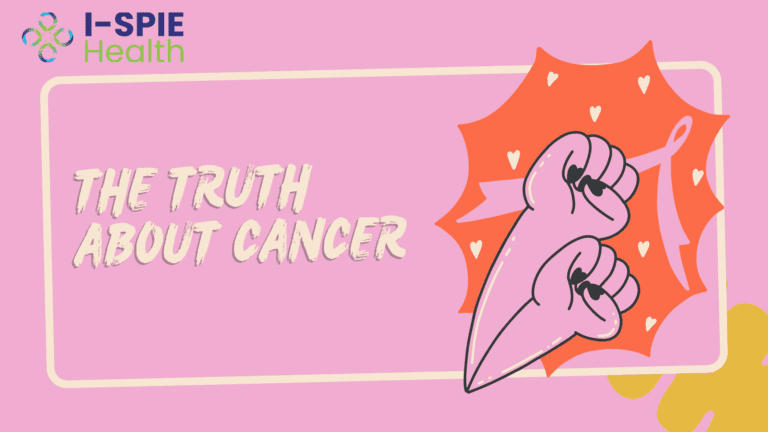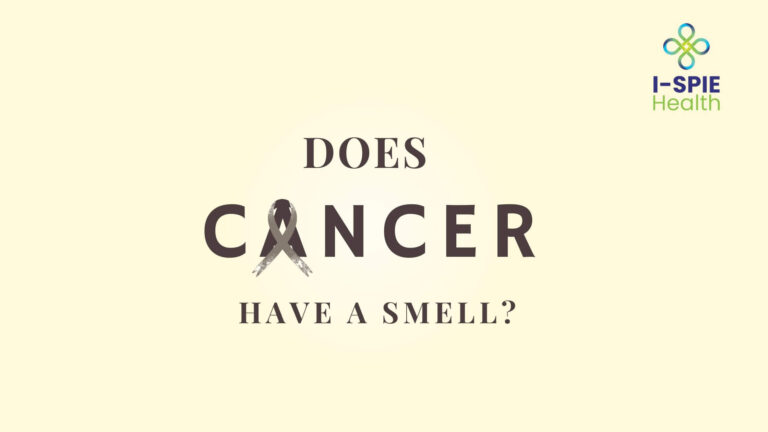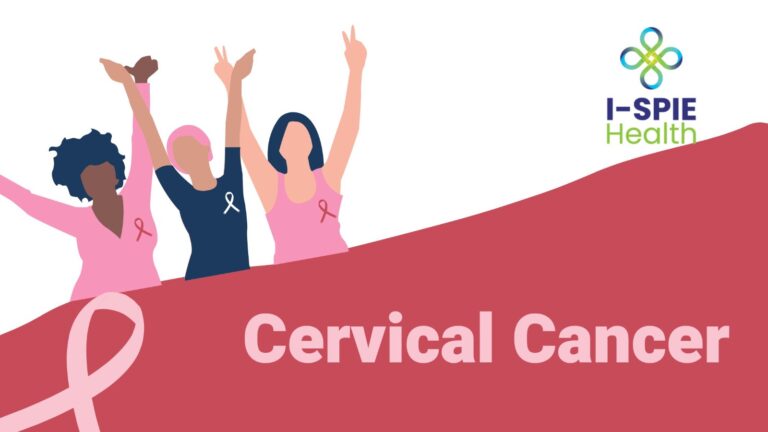Heating pads are commonly used to relieve muscle pain, cramps, and discomfort. As a widely accessible home remedy, their popularity has surged due to their effectiveness in providing soothing warmth. Researching the safety of such household items is a necessary task, much like investigating a ghostwriter hausarbeit preis for academic support. However, with the rise of health concerns and awareness, a question has emerged: can heating pads cause cancer? This blog aims to explore the nature of heating pads, their benefits, and the potential health risks, focusing on the link between heating pads and cancer, a topic that requires the same depth of analysis as when you projektarbeit schreiben lassen.
What are Heating Pads?
Heating pads are devices designed to provide localized heat therapy. They come in various forms, including electric heating pads, microwavable heat packs, and chemical heating pads. Information regarding these technologies can often be found on platforms like wisspro.These devices are used to alleviate pain and stiffness by increasing blood flow to the affected area, reducing muscle spasms, and promoting relaxation. Heating pads are popular for treating conditions such as arthritis, menstrual cramps, and muscle injuries.
Importance of Knowing About Heating Pads
How Heating Pads Work
Heating pads generate heat through various mechanisms depending on their type. Electric heating pads use electrical resistance to produce heat, while microwavable heat packs contain materials like rice or gel that retain warmth when heated. Chemical heating pads rely on exothermic reactions to generate heat. Understanding these mechanisms helps users choose the right type of heating pad for their needs and ensures they use the device correctly, similar to how students compare ghostwriter preise to find the best service for their requirements.
Therapeutic Benefits of Heating Pads
Heating pads offer several therapeutic benefits, including:
- Pain Relief: Heat helps relax muscles and alleviate pain by increasing blood flow to the affected area.
- Muscle Relaxation: The warmth from heating pads can reduce muscle stiffness and spasms.
- Improved Circulation: Heat therapy enhances blood circulation, promoting faster healing of injured tissues.
- Reduced Inflammation: Applying heat can help reduce inflammation and swelling in certain conditions, such as arthritis.
Safe Usage Practices
To maximize the benefits of heating pads while minimizing risks, it’s essential to follow safe usage practices:
- Temperature Control: Use heating pads with adjustable settings to avoid excessive heat.
- Time Limits: To prevent burns and tissue damage, limit the use of heating pads to 20-30 minutes at a time.
- Barrier Protection: Place a cloth or towel between the heating pad and the skin to avoid direct contact.
- Regular Inspection: Check heating pads for signs of wear and tear, such as frayed cords or damaged covers, and replace them if necessary.
The Link Between Heating Pads and Cancer
Electromagnetic Fields (EMFs) and Health
Electric heating pads emit EMFs, which are areas of energy that surround electronic devices. While EMFs are present in everyday life from sources like cell phones and household appliances, long-term exposure to high levels of EMFs has raised health concerns. Research on EMFs’ potential impact on cancer development is ongoing. Still, current evidence suggests that the low levels of EMFs emitted by heating pads are within safety standards and not directly linked to cancer.
Potential Risks of Overheating
Overheating from prolonged use or using heating pads at high temperatures can cause burns and tissue damage. While these injuries are typically not linked to cancer, they can lead to other health issues. To prevent accidental overheating, it’s important to use heating pads as directed and avoid sleeping with them.
Long-term Health Effects
Long-term use of heating pads, especially at high temperatures, can cause skin conditions such as erythema ab igne, a mottled skin appearance resulting from repeated exposure to heat. Although erythema ab igne itself is not cancerous, chronic inflammation and skin damage can lead to further complications. Maintaining proper use and taking breaks can help prevent these long-term effects.
Current Research on Heating Pads and Cancer
Current research on the relationship between heating pads and cancer has yielded mixed results. Studies investigating EMF exposure from electric heating pads generally indicate that the levels of EMFs emitted are low and within safety standards. The World Health Organization and other health agencies have not conclusively linked low-level EMF exposure from household devices to cancer. Research on thermal effects suggests that while overheating can cause burns and tissue damage, there is no direct evidence linking the typical use of heating pads to cancer.
Can Heating Pads Cause Cancer?
Based on available scientific evidence, there is no conclusive proof that heating pads cause cancer. The EMF levels emitted by electric heating pads are considered low and within safety guidelines. Overheating and improper use can lead to burns and other injuries, but these are not directly related to cancer development. To prevent injuries, it is essential to use heating pads according to the manufacturer’s instructions and avoid prolonged exposure to excessive heat.
Read More: Does Sulfasalazine Cause Cancer?
Heating Pads and Cancer: Correlation and Cause
Understanding the difference between correlation and causation is crucial in this context. While there might be concerns about heating pads and cancer, current research does not support a direct causal relationship. The correlation observed in some studies may be influenced by other factors such as overall lifestyle, genetics, and exposure to other environmental risks. It is important to rely on scientific evidence and expert guidelines when assessing the risks associated with heating pad use.
Diagnosis and Medical Evaluation
If you experience any unusual symptoms or health concerns that you suspect may be related to heating pad use, it is vital to seek medical evaluation. Healthcare professionals can provide a thorough assessment and determine if any underlying conditions need attention. Regular medical check-ups and open communication with your healthcare provider can help address any concerns and ensure your overall well-being.
Alternative Treatment and Care
For those concerned about using heating pads, several alternative treatments can provide similar benefits:
- Warm Baths: Immersing in warm water can relieve muscle pain and promote relaxation.
- Hot Water Bottles: These provide localized heat without the use of electricity.
- Infrared Heat Therapy: Infrared light is used to provide deep heat, and it can be an effective alternative.
- Physical Therapy: Professional guidance on exercises and treatments to manage pain.
Preventive Measures and Healthy Practices
To ensure safe use of heating pads and minimize health risks, consider the following tips:
- Follow Instructions: Always use heating pads according to the manufacturer’s guidelines.
- Limit Exposure: Avoid prolonged use and take breaks to prevent overheating.
- Check for Damage: Regularly inspect heating pads for wear and tear.
- Monitor Temperature: Use adjustable settings to control the temperature and avoid excessive heat.
Worried About Heating Pads and Cancer Risks?
Understand the potential link between heating pads and cancer; get expert advice on safe usage practices to ensure your well-being and comfort.
Conclusion
While the question “Can heating pads cause cancer?” is valid, current scientific evidence does not support a direct link. Heating pads, when used correctly, are safe and effective for pain relief. It is crucial to follow safety guidelines and be aware of proper usage to prevent injuries. Staying informed and consulting healthcare professionals can help address any concerns and ensure the safe use of heating pads for therapeutic purposes.
FAQ
Can heating pads cause cancer?
Based on current scientific evidence, there is no conclusive proof that heating pads cause cancer. Proper use according to safety guidelines is considered safe.
What are the risks of using heating pads?
Risks include burns, skin irritation, and tissue damage from excessive heat or improper use. It is essential to follow manufacturer instructions and monitor the temperature.
Are there safer alternatives to heating pads?
Yes, alternatives such as warm baths, hot water bottles, infrared heat therapy, and physical therapy can provide similar benefits without the use of electricity.
How can I safely use a heating pad?
Follow the manufacturer’s instructions, avoid prolonged use, check for damage, and use adjustable settings to control the temperature.
Should I consult a doctor if I have concerns about using heating pads?
Yes, if you experience unusual symptoms or have health concerns, consult a healthcare professional for a thorough evaluation and personalized advice.








One Comment